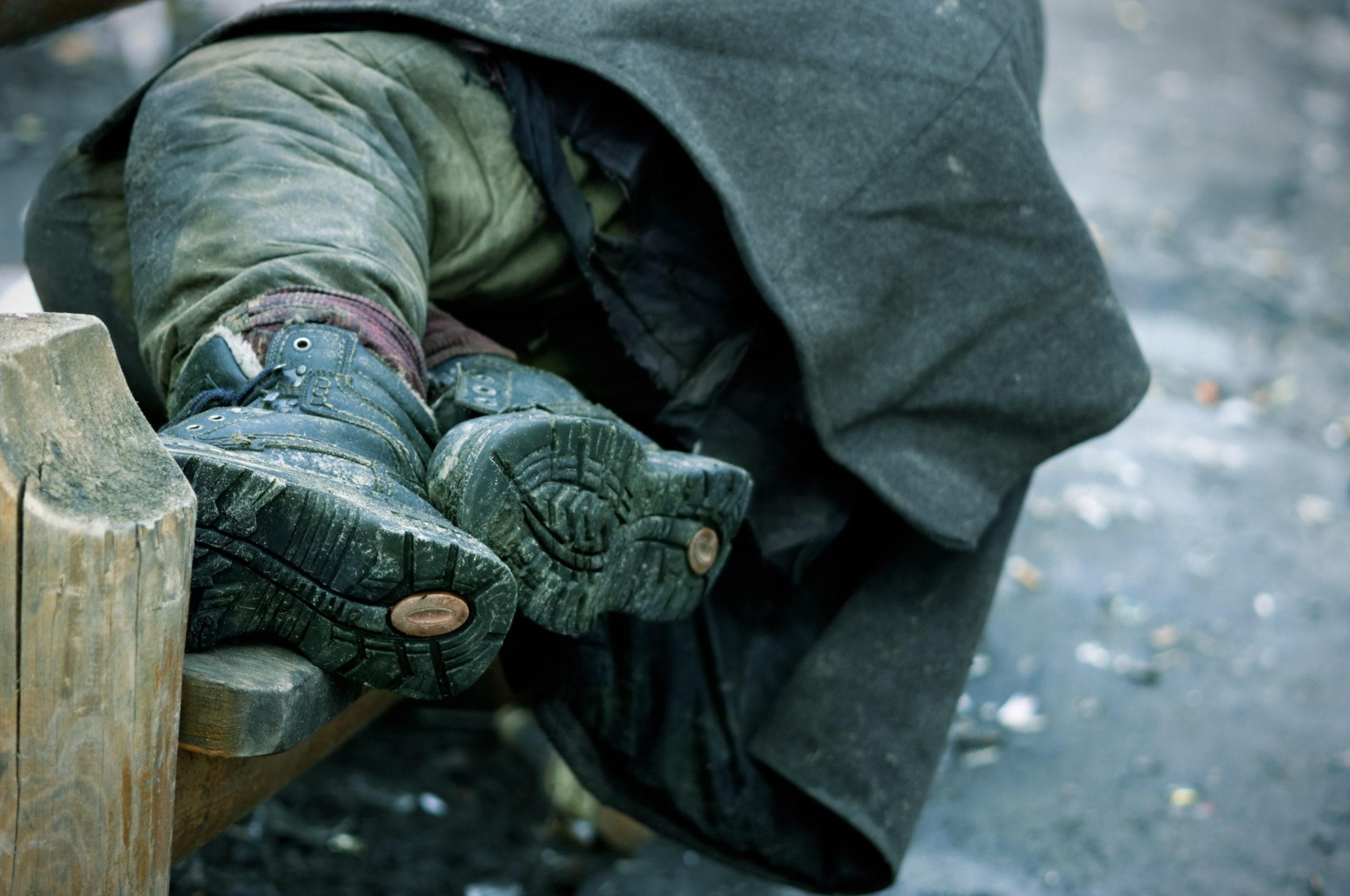Grants Support Housing Initiatives Designed to Improve Health
Julie Bitely
| 4 min read

The factors that lead to homelessness and housing instability are complex and interconnected. For some, untreated mental illness, unresolved trauma and substance use disorders are barriers too big to overcome. For others, a lack of affordable housing means choosing between rent and food or paying the mortgage and filling a prescription. At Blue Cross Blue Shield of Michigan, we know that people facing homelessness and housing insecurity have poorer health. Along with the Blue Cross Blue Shield of Michigan Foundation, we’re providing $298,562 in funding to six Michigan-based organizations. Grantees serve communities of great need and special populations, including veterans, the LGBTQ+ community and others. Grants will be used to initiate and/or expand programming that makes supportive housing part of a larger health or health services program and enable residents to address their health care needs as well as the social and economic determinants of health. Grantees and funded projects include: Family Promise of Grand Rapids provides emergency shelter and basic needs to families with children experiencing homelessness. The organization helps families find housing and supportive services, which are often needed to successfully transition into permanent housing. Grant funding will help FPGR assist 50 additional families annually, including more than 120 children, with supportive housing services, addressing physical and mental health needs and connecting families with community resources such as food, employment and education. Great Lakes Recovery Centers runs the Ripple Recovery Residence for women in L’Anse, situated in the Upper Peninsula. Women in recovery can apply to live in the five-bedroom home and children up to age 11 may stay with them. During their stay, residents are expected to attend weekly self-help meetings, obtain full-time employment and help with household chores and attend household meetings. Residents receive weekly intensive case management and outpatient counseling. Grant funding will empower Great Lakes Recovery to provide case management and health care services to residents and increase awareness of Ripple Recovery Residence. Lighthouse built Coolidge Place, an affordable housing development in Oak Park meant to address the need for affordable housing in Oakland County. Lighthouse will provide onsite and in-home case management services to meet the unique needs of 16 permanent supportive housing households with the goal of increasing their overall stability and improving their health-related outcomes by integrating housing, health, and social care to address social determinants of health. Through a unique partnership between Lighthouse, the Michigan Department of Health and Human Services and the Michigan State Housing Development Authority, a minimum of five units will be set aside for residents with complex health care needs. Grant funding will support the services provided by a case manager working with families in permanent supportive housing. New Destiny Pathways is an independent living home for young women aging out of foster care based in Grand Rapids. NDP welcomes youth into a safe and affordable home with an onsite case manager, who provides intensive supports as youth transition into successful adulthood. NDP graduates have gone on to experience business ownership, college graduation, healthy relationships and family planning. Grant funding will help NDP continue to help women succeed with the ultimate goals to reduce multi-generational reliance on social safety nets and lessen adverse health experiences. Southwest Counseling Solutions provides support services to previously homeless veterans living at Piquette Square in Detroit. Grant funding will support the Piquette Square Coordinator who will help better coordinate service delivery and monitor veterans’ care coordination. The Coordinator will also help the agency develop and implement programming to enhance residents’ skills and knowledge and reduce equity gaps in social determinants of health through help with tax preparation, nutritious food preparation and recreational and social activities. Ruth Ellis Centeris partnering with Full Circle Communities to create a mixed-use permanent supportive housing development in Detroit, scheduled to open in 2021. The Ruth Ellis on Clairmont Center will create 43 units designed to meet the complex needs of LGBTQ+ young people ages 18-25 experiencing, or at-risk for homelessness. Grant funding will support an onsite peer leader. Related:
- Housing Instability, Homelessness and Health
- COVID-19 Making Housing Instability Worse
- Nine Michigan Organizations Receive Suicide Prevention Funding
Photo credit: Kuzma





